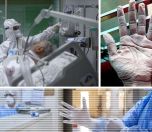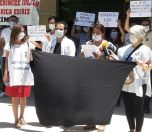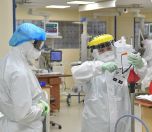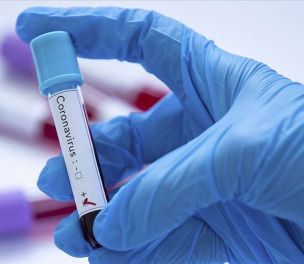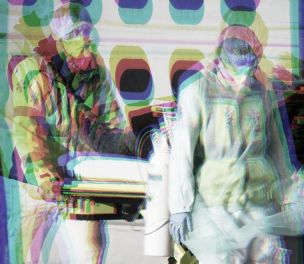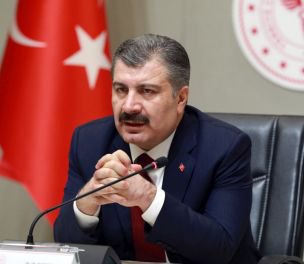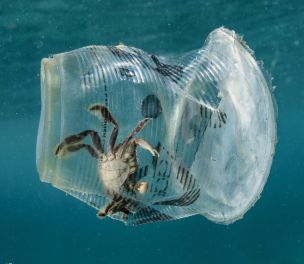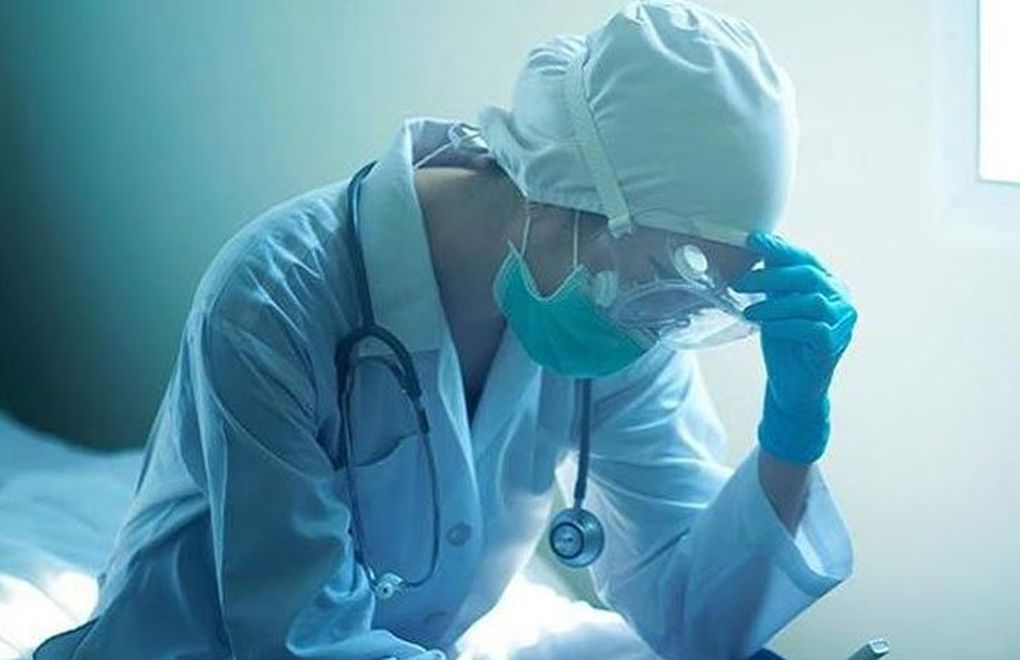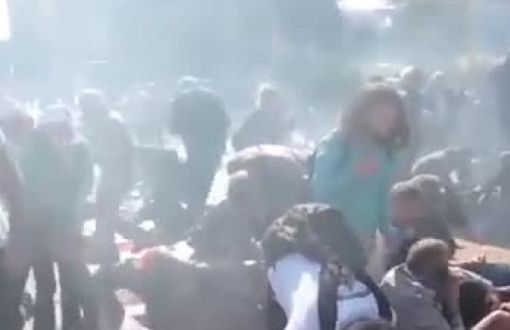* Photo: AA
Click to read the article in Turkish
The first COVID-19 case was officially announced in Turkey on March 11. That day, Health Minister Koca said that the patient was a man who had a contact with Europe and added that preventive measures had been taken to prevent the virus to spread across Turkey: "It is one or a couple of cases, not an outbreak. A quarantined patient does not threaten the society."
It has been 20 days since the Minister uttered these words. Since then, physicians and all health workers have been saying the same thing to us: "Provide us, healthcare workers, with enough equipment for protection."
Why?
They are the ones facing the highest risk and they are also the ones who will not be able to offer services if they get sick. It is because they want to provide services, because they want to be of help; otherwise, they would say, 'If not, we are out' (Or, should they indeed say?). But they did not say it, they do not do it. They did and do insistently repeat over and over again:
* Set up an active surveillance system (for a systematic collection of data on the disease, analysis and evaluation) and systematically engage in filiation (to find the patients and the contacts with confirmed patients),
* conduct a considerable number of tests for that,
* manage the process in transparency and cooperation in a process led by the Ministry of Health,
* train all health workers and physicians - in case of an appointment when necessary,
* provide infrastructure and equipments for medical care, primarily ventilators,
* make the necessary arrangements to ensure that healthcare sources are provided to everyone equally and free of charge in a public mindset (...)
It is possible to prolong the list, but let this set an example:
While every competent person / the World Health Organization (WHO) has been saying "test, test, test" and while Turkey's infrastructure can allow at least a few tens of thousands of PCR tests a day, why was it not done? Why? Because the Minister had supposedly taken "measures to prevent the spread" and "one or a couple of cases" was not an outbreak!
40 days had passed since the end of January and very valuable 20 more days have also passed since then.
***
Scientists speaking on televisions, social media, etc. - and even/seemingly the Minister of Health - say that the upcoming few days, this week are very critical. The increasing level of measures (?!) must also be suggesting this.
Why critical?
Let us quote an emergency physician from the US, working at a hospital "serving a very fragile and socially insecure population":
"In the emergency-department waiting room, 150 people worry about a fever. Some just want a test, others badly need medical treatment. Those not at the brink of death have to wait six, eight, 10 hours before they can see a doctor. Those admitted to the hospital might wait a full day for a bed. (...) Nevertheless, we need to perform an alarming number of of intubations. Our ventilators are almost all in use, and the ICUs are at capacity. Although our hospital has received extra vents here and there from other hospitals in the region that can spare them, those few additions are merely a stopgap. Will we soon have patients sharing vents? (...) By next week, we may simply have no choice. Those hundreds of relatively healthy patients we sent home may return to the hospital en masse in respiratory failure."
It is highly likely that those who say "this week is very critical" think that we are on the verge of a picture similar to the one described above, they know it. In 2-3 week time, in emergency services and hospitals of Turkey, the health workers might wake up to a nightmare where they try to do their best, lingering between being of help and desperation.
We want "that moment" to not come, we do not want this happen.
However, the crisis management of the state that started with "Everyone should impose their own State of Emergency" has turned into a demand for financial aid from citizens with the motto "We are enough for each other" in less than 20 days. It has thrown in the towel, in a sense.
If that is the case, before "that moment" that we do not desire in any way at all, health workers and physicians, dictated by the oath they have taken, must be open and honest to the society and say:
Despite our all efforts, maybe, we cannot be enough for you!
At that moment... Standing over the ventilator in intensive care... When your mother, my brother, his wife, partner, father, uncle, aunt, daughter... When they are all expecting the necessary service from physicians, maybe, we cannot be enough for you despite our all efforts!
The physicians and health workers of this country will try to stand on their feet by not falling ill. Meanwhile, they will also try to do their best for everyone as dictated by the oath they have taken. We must know that, in spite of this, when that moment comes, they are not and will not be at fault.
Despite the warnings and efforts of healthcare professionals, we have reached a critical threshold, we have been there. Maybe, today, there is and will be a need for applause more than ever before.
We, as an entire society, must insistently address our demands to the state for our safety today and tomorrow. At the same time, we must also applaud at 9 in the evening to show our desire to live and to share the responsibility of "that moment" to be laid on health workers/physicians. (EB/TP/SD)




.jpg)

